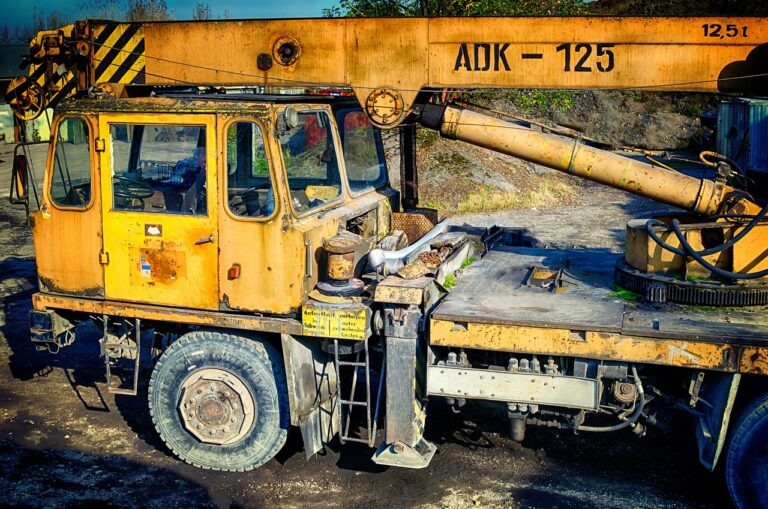The Role of Predictive Analytics in AV Decision-Making: Allpannel com, Play 99 exch, Gold id 365
allpannel com, play 99 exch, gold id 365: As technology continues to advance, autonomous vehicles (AV) are becoming more mainstream. These vehicles rely on a complex combination of sensors, cameras, and algorithms to navigate the roads safely. However, one crucial element that often goes overlooked is the role of predictive analytics in AV decision-making.
Predictive analytics involves using historical data, machine learning, and statistical algorithms to predict future outcomes. In the context of autonomous vehicles, predictive analytics plays a vital role in helping the vehicle make decisions on the road in real-time. Here’s a closer look at how predictive analytics impacts AV decision-making:
1. Traffic Prediction: One of the key factors that AVs must consider is traffic conditions. Predictive analytics can analyze historical traffic data to predict congestion patterns and help the vehicle choose the best route to reach its destination efficiently.
2. Weather Forecasting: Weather plays a significant role in road conditions and driving safety. Predictive analytics can leverage weather forecast data to help AVs make decisions like adjusting speed or rerouting to avoid hazardous weather conditions.
3. Pedestrian Detection: Predictive analytics can analyze pedestrian behavior patterns to anticipate and predict potential pedestrian movements. This information helps AVs navigate through crowded urban environments safely.
4. Collision Avoidance: By analyzing past collision data and near-miss incidents, predictive analytics can help AVs predict potential collision risks and take proactive measures to avoid accidents.
5. Adaptive Cruise Control: Predictive analytics can analyze traffic flow patterns and adjust the vehicle’s speed accordingly to maintain a safe distance from other vehicles on the road.
6. Route Planning: Predictive analytics can analyze historical traffic data, road conditions, and even events like accidents or road closures to help AVs plan the most efficient route.
With the advancements in machine learning and AI, predictive analytics continues to play a critical role in enhancing the decision-making capabilities of autonomous vehicles. By leveraging data-driven insights, AVs can navigate complex road scenarios more effectively and safely.
FAQs:
Q: How accurate is predictive analytics in AV decision-making?
A: Predictive analytics in AV decision-making can be highly accurate, especially when fed with large amounts of relevant data. However, like any technology, there can be limitations and room for improvement.
Q: Can predictive analytics help AVs avoid accidents completely?
A: While predictive analytics can significantly reduce the likelihood of accidents, it cannot guarantee 100% accident avoidance. External factors like unpredictable human behavior or sudden road hazards can still present challenges.
Q: How does predictive analytics impact the overall performance of AVs?
A: Predictive analytics plays a crucial role in improving the overall performance of AVs by enhancing decision-making capabilities, increasing safety, and optimizing efficiency.
In conclusion, predictive analytics is a key component in the success of autonomous vehicles. By leveraging historical data and machine learning algorithms, AVs can make informed decisions on the road, navigate complex scenarios, and ultimately make transportation safer and more efficient for everyone.







